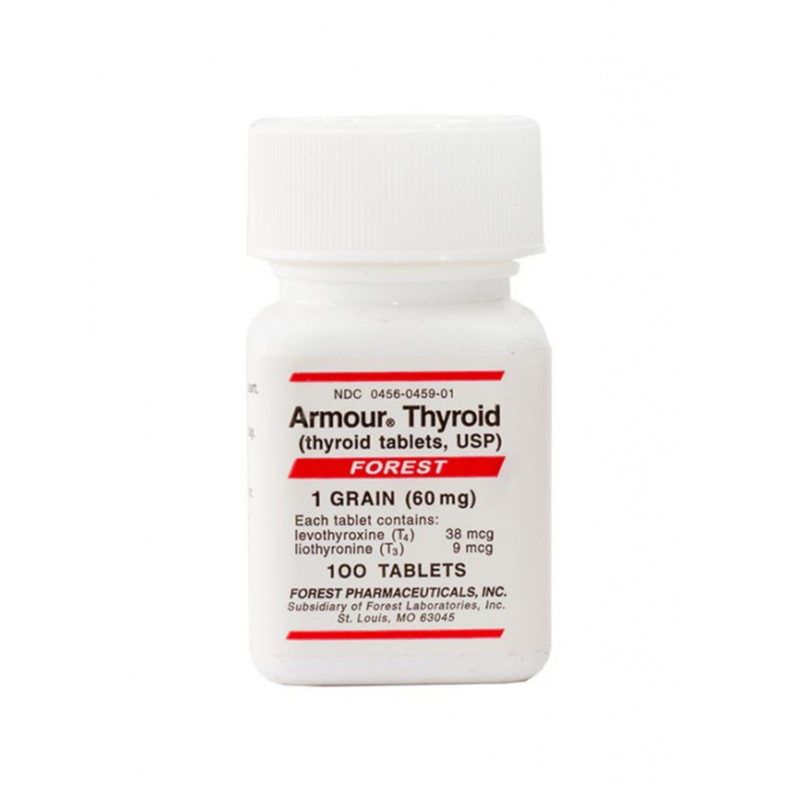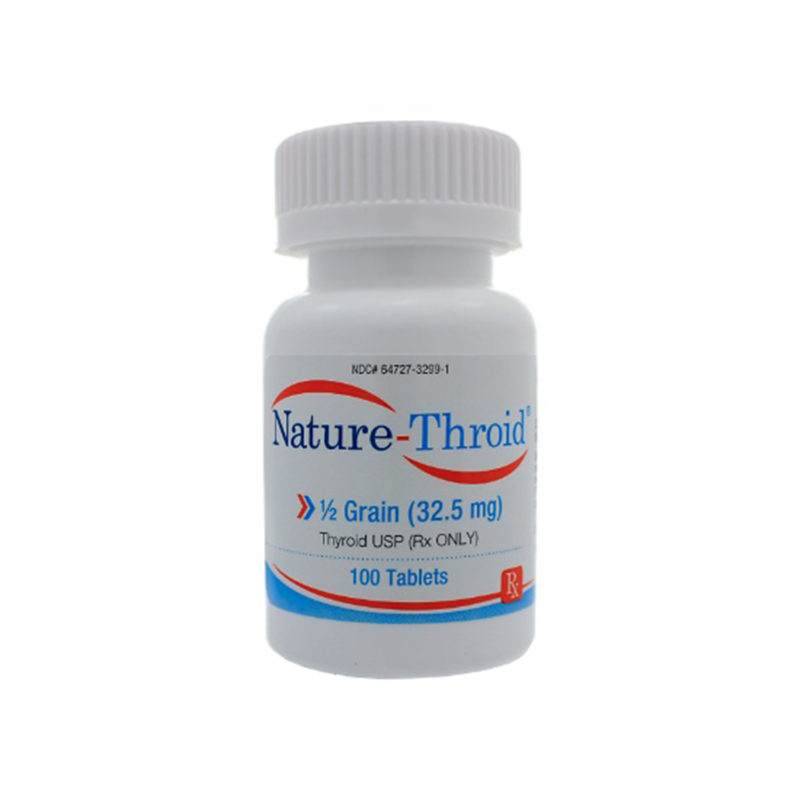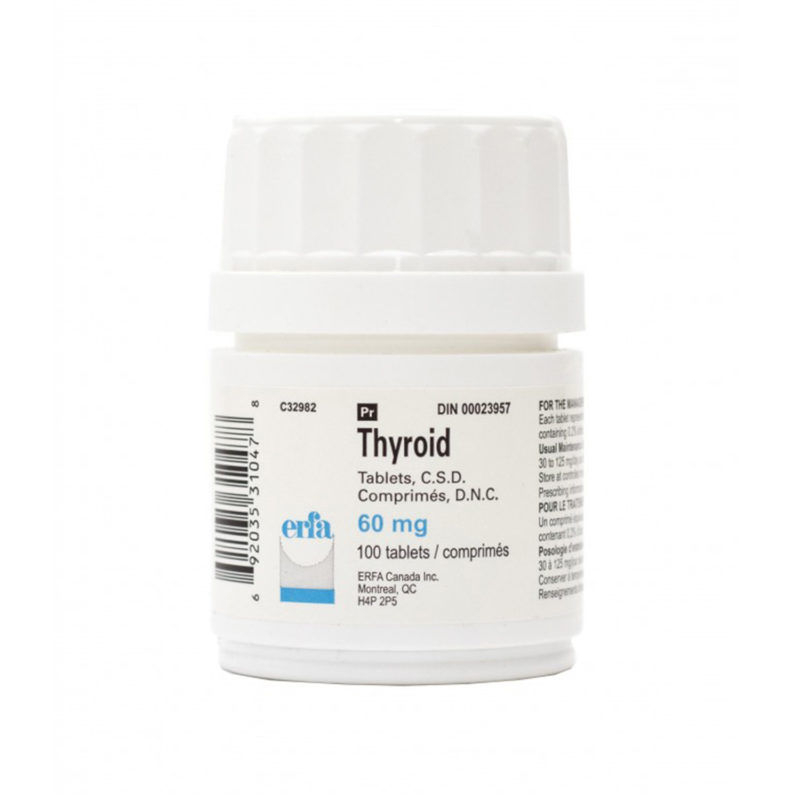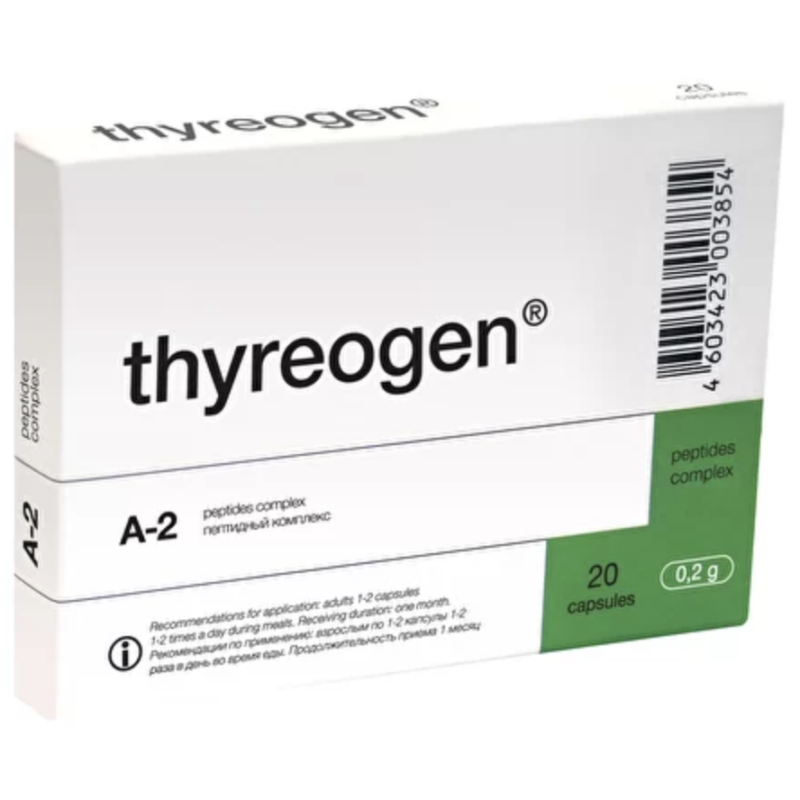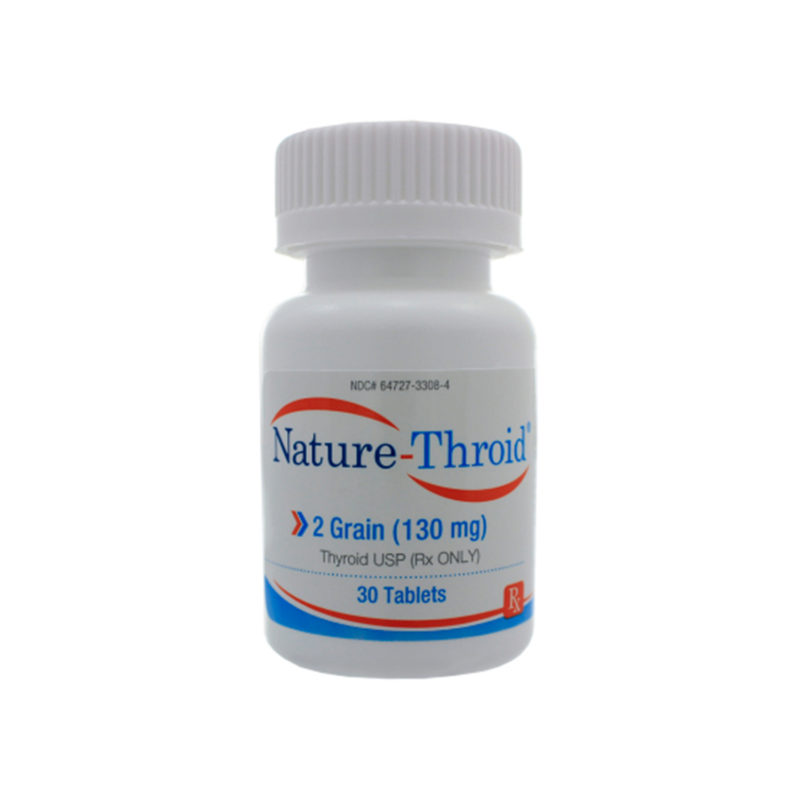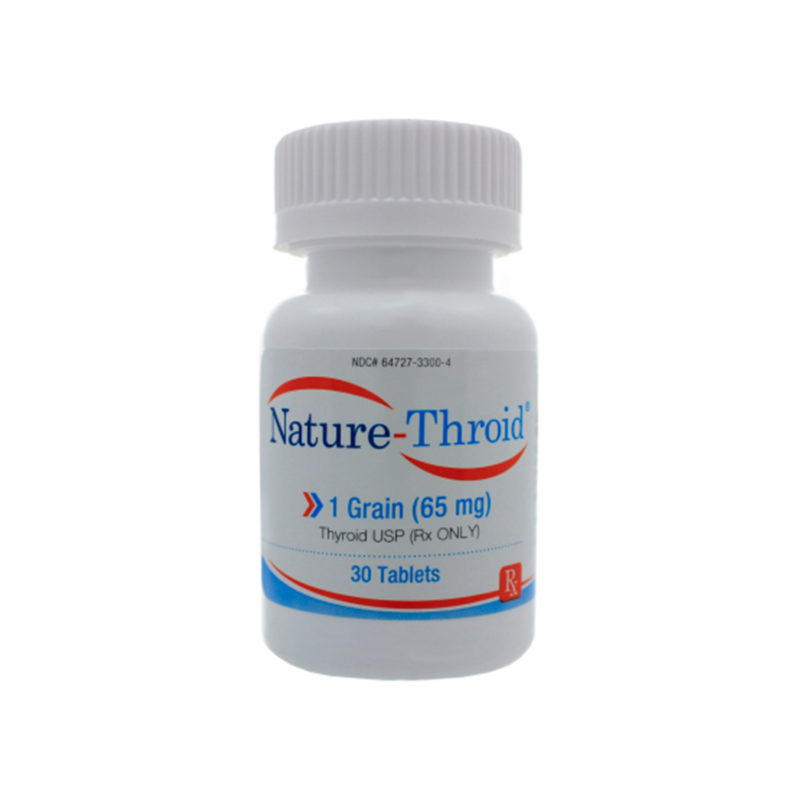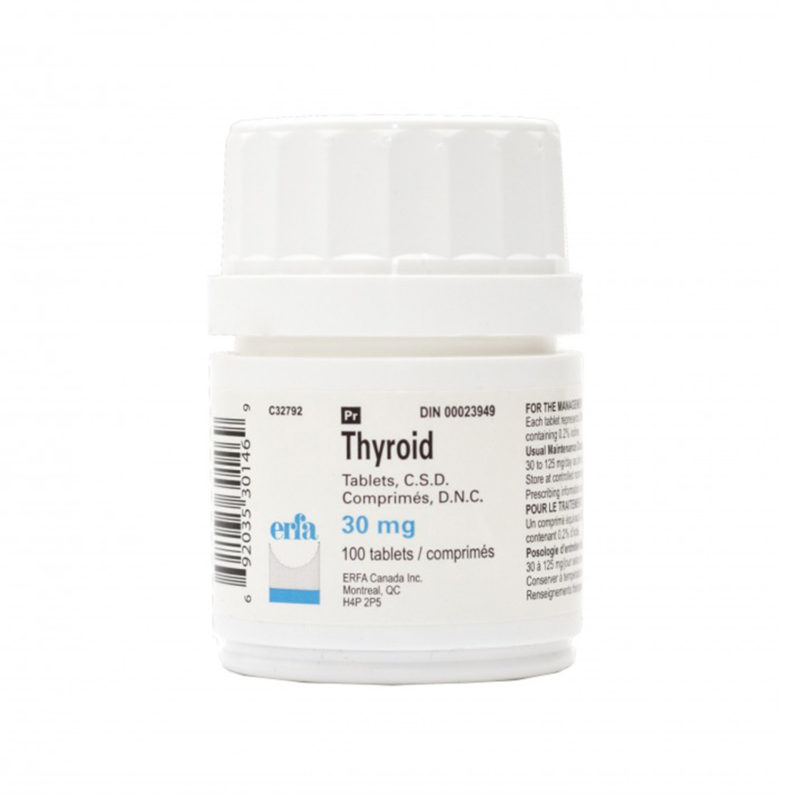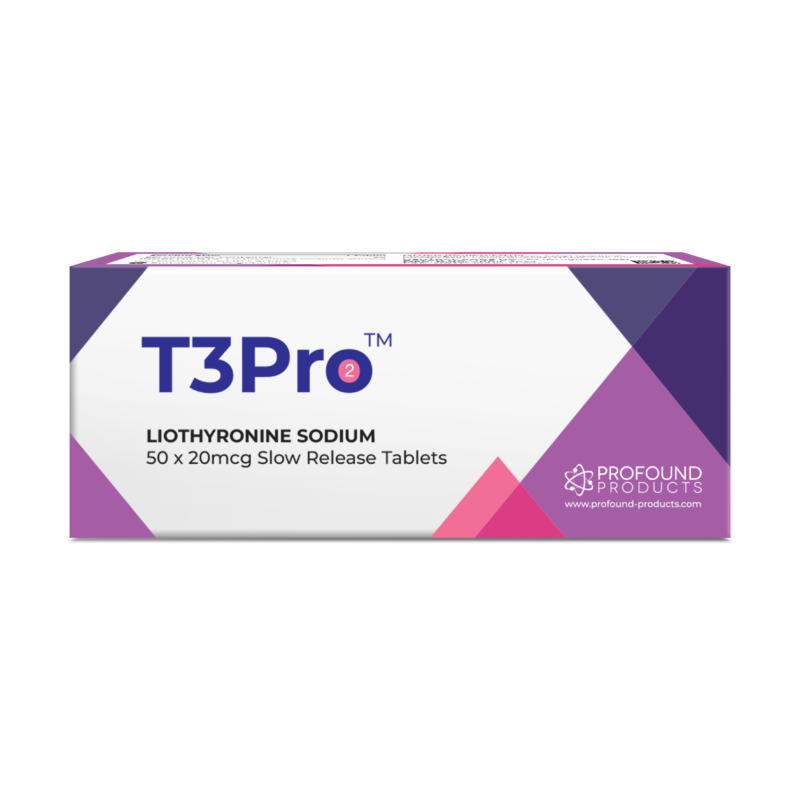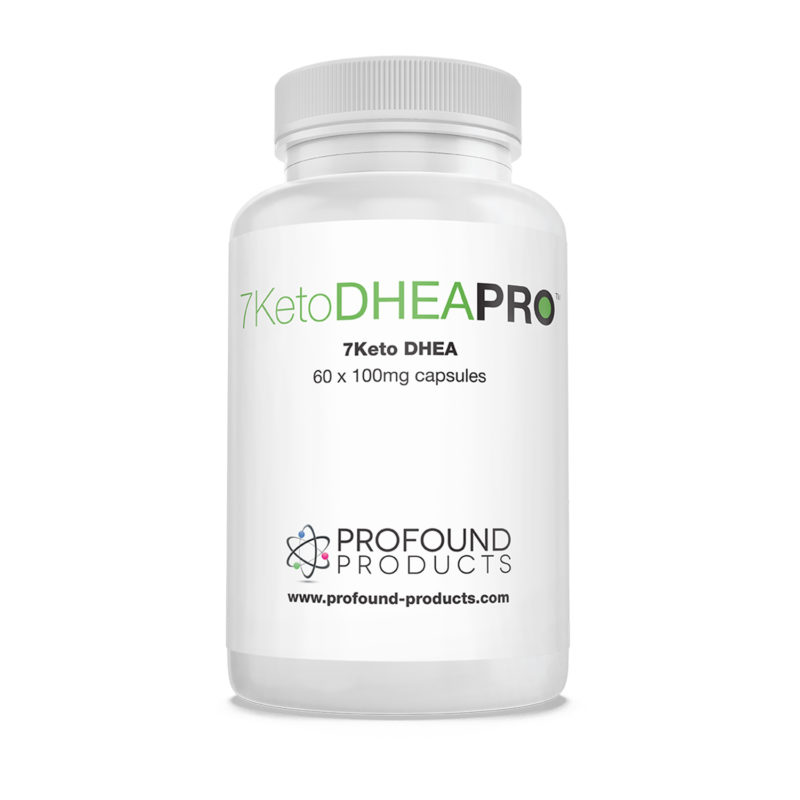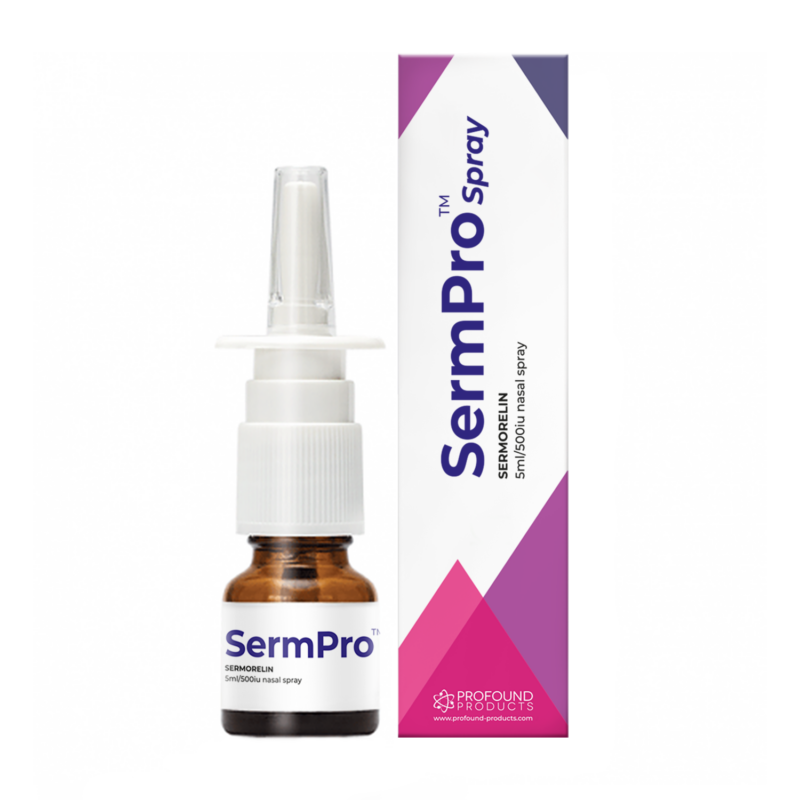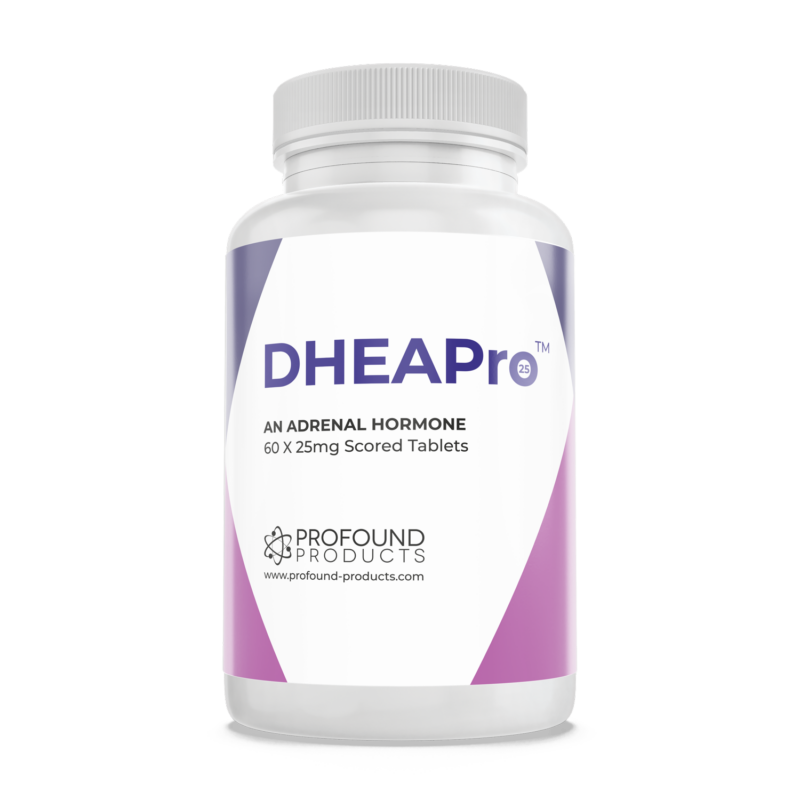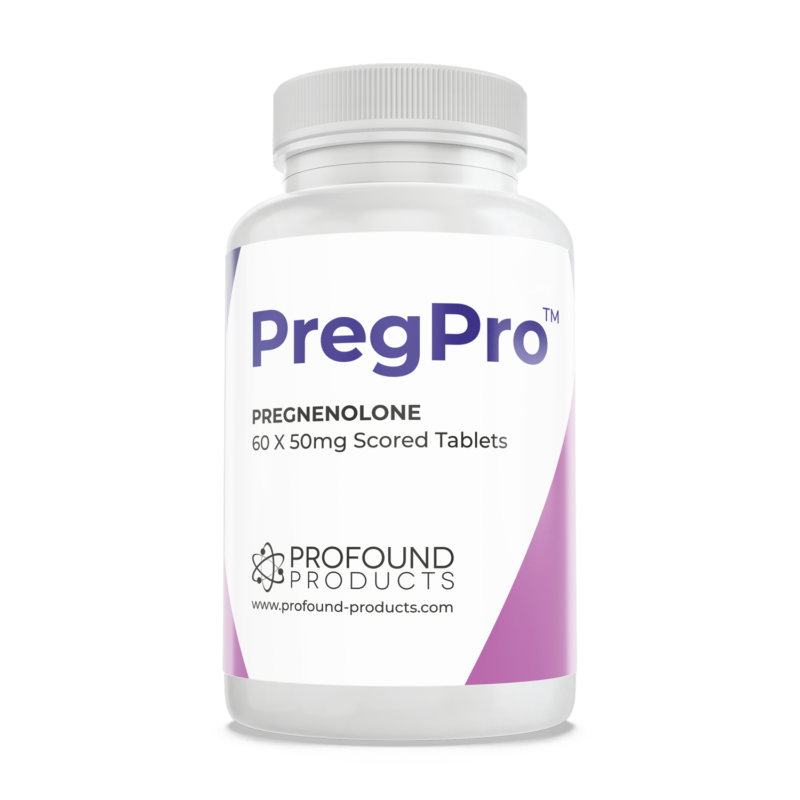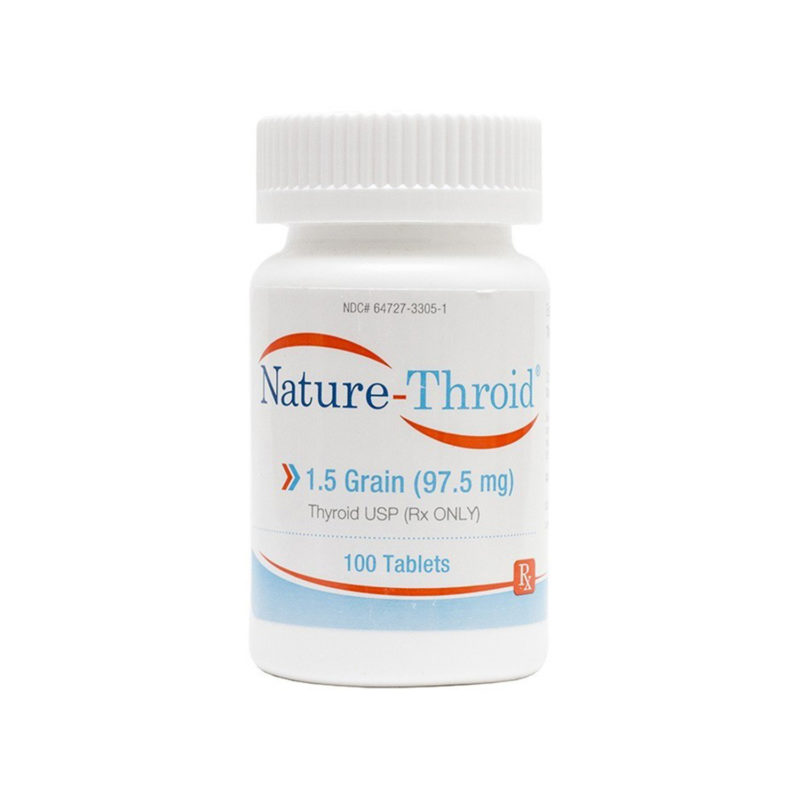Highlights of A4M conference December 2011
 Something remarkable happened in Las Vegas on December 10th 2011. Leading academics lectured extensively on concrete developments in antiaging therapy. Mesmerized by their profound findings, I spoke with them at length to confirm the veracity of their thinking and research.
Something remarkable happened in Las Vegas on December 10th 2011. Leading academics lectured extensively on concrete developments in antiaging therapy. Mesmerized by their profound findings, I spoke with them at length to confirm the veracity of their thinking and research.
From the Faculty of the Harvard School of Medicine
First on my agenda was the lecture and interview with Dr. Abraham Morgentaler, Professor of Medicine. We became casual friends, and I called him “Abe” in my hallway discussion with him after his splendid lecture. I had previously read his 2010 book from the Faculty of the Harvard School of Medicine, entitled Testosterone for Life. Abe delved into greater detail about the information presented in his book. He stated emphatically that for seventy years, physicians had blindly believed that testosterone causes or increases prostate and other cancers despite no recent scientific publications confirming this mistaken notion! This belief was based on a 1941 publication by Dr. David Huggins, who had treated three castrated male patients and arrived at the erroneous conclusion that testosterone and perhaps other sex hormones fueled cancer growth. In the footnotes of this ancient research paper, Dr. Huggins admitted that only one of his patients experienced an increase in prostate cancer. Consequently during the last seventy years, the medical establishment has accepted as gospel that testosterone must be ‘ablated,’ or removed from the male body, in all suspected prostate cancer cases! This attitude continues to be dogmatically believed despite a large study of 6,000 men with or without cancer who consumed testosterone and had no cancer effect. Also, raising testosterone to super-physiologic levels did not change PSA values. This incredible misjudgment has caused much suffering among American men. Such are the vagaries of old and misunderstood medical therapies only recently spotlighted and rejected.
From this example, we should cautiously heed and judge basic medical science. After twenty years of patient experience, Prof. Morgentaler confirmed that testosterone and other hormone replacement therapies greatly benefit humans and avoid cancer except in the case of eunuchs or men with extremely low testosterone levels. Testosterone is the key male hormone for normal cardiovascular and mental health; women require some for self-assurance and muscles. Indeed, without adequate testosterone, men become grumpy and succumb to ‘irritable male syndrome,’ which is the equivalent to female premenstrual syndrome!
For those men who need additional testosterone, I strongly encourage them to find an antiaging physician in their community by obtaining a referral from a compounding pharmacy. For those men without access to these knowledgeable physicians, I suggest they purchase and consume 10 to 15 mg DHEA and/or pregnenolone three times daily, since they convert to some testosterone, as well as other essential hormones in which they may be deficient. If men refuse these simple steps then their wives, colleagues and family will suffer from the resulting male irritability, with sharp verbal retorts,* and a lack of humor. Remember the grumpiness of Walter Matthau and Jack Lemmon in the movie Grumpy Old Men?
Ed.- A recent nutritional approach to improve testosterone levels is a combination of fluctoborate and tribulus terrestris- as found in Andro-Pro™. We shall be reporting on this soon.
Professor Ames speaks about another significant development
In another lecture, esteemed Professor Bruce Ames of the University of California at Berkeley reported his recent theory regarding triage. In conventional medicine, ‘triage’ means applying medical resources to those patients most urgently in need. Those patients without life-threatening illnesses are treated last. Prof. Ames has applied this thinking to how Mother Nature naturally assigns nutrients to those cells and organs with the most acute needs. Thus, other organs and cells may experience a temporary shortage of vital vitamins and minerals.
I agree wholeheartedly with Prof. Ames’s assessment. I further include hormones in his triage approach. As previously mentioned, key hormones such as DHEA and pregnenolone easily metabolize to downstream hormones critical for health such as testosterone, estradiol, and cortisol when these are lacking, and triage distribution kicks in. Thus, Mother Nature has devised a ‘trickle-down approach’ to keeping us alive and cognizant despite temporary deficiencies of vital hormones, vitamins, and/or minerals. This simple yet elegant triage approach may explain why ninety-year-old patients remain alive with highly functioning brains and other organs despite some glaring hormone and nutrient deficiencies. Ninety-year-olds may even aspire to further health improvements if all of their hormone and nutrient deficiencies are properly corrected and balanced on a daily basis 24/7. Bravo for Prof. Ames, a brilliant spokesman and leader in the antiaging revolution. I also thank Prof. Ames for advising me personally in regard to my measurements of lipid peroxides non-invasively in vivo in human clinical studies.
Prof. Ames’s triage approach brings to mind yet another elementary principle of nature: the simplest explanation is often the most correct. An example is the weight gain experienced by many women as they approach middle age. The simplest and most likely explanation of this phenomenon I will explain as follows: As middle age approaches, endocrine glands significantly reduce their hormone output despite the hormonal needs of the body remaining unchanged. To compensate for this loss, the body steps up production of adipose (fat) cells. Adipose cells begin to act as an auxiliary gland for the production of estradiol (E2), a steroid hormone critical for female health and well-being. Thus, the body compensates by growing a secondary hormone-producing gland while ovarian production of E2 wanes during aging. Unfortunately, added E2 without added progesterone may increase cancer risks in women¹. This simple yet elegant explanation is another application of Prof. Ames’s triage approach. Nature always finds a way.
*Sharp verbal retorts are an important sign of low testosterone in men or low progesterone in women often overlooked by most practicing physicians.
Dr. Hertoghe takes center stage
Dr. Thierry Hertoghe is a fourth-generation endocrinologist and head of the Hertoghe School of Medicine in Brussels as well as president of the International Hormone Society. In recent years, he has published and lectured extensively on correcting hormone and nutrient imbalances that are responsible for perhaps two-thirds of human aging. Indeed, in one lecture at A4M, Dr. Hertoghe detailed how hormone and nutrient deficiencies adversely affect both mother and fetus during pregnancy. A developing fetus does not grow functioning adrenal glands until its fifteenth week of development. Thus, hormones such as DHEA and cortisol are not produced and perhaps not very essential until that critical fifteenth week. On the other hand, thyroid deficiencies significantly impact fetus health throughout pregnancy and childhood, resulting in prenatal glial cell brain damage and swollen belly button, tongue, eyelids, and lips. Consequently, pregnant women with low thyroid produce children of shorter statue and lower intelligence, especially apparent at seven to nine years of age. Additionally, there is a 74% increase in all types of cancer if hypothyroidism remains untreated.
Human growth hormone and IGF-1 (insulin growth factor 1) also dramatically affect fetal development. A fetus without sufficient IGF-1 may well acquire a pushed-in, English-bulldog-like face lacking a chin and exhibiting a tiny nose flattened against the face. Fetuses lacking thyroid production experience waste-product accumulation in their faces as well as short arms and legs relative to their torsos.
State of the art antiaging therapies revealed
In a private discussion with Thierry, I mentioned that I injected his recommended doses of HGH and IGF-1 combined with MSH (melanocyte stimulating hormone). He replied that his medical group in Brussels was experimentally doing likewise, and in addition, they were adding two to three units daily of long-acting insulin (Lantus® insulin used in a minuscule, non-diabetic dose). In a 0.5ml, 31 gauge syringe; I draw up these four hormones and inject myself twice daily to correct for four basic hormone deficiencies especially prevalent in people over age fifty. Note that most people over 50 have multiple hormones deficiencies such as HGH, IGF-1, MSH, and some insulin, and these deficiencies cause them needless premature aging. Cautionary note: even low doses of insulin may cause hypoglycemia in sensitive patients. Thus, bio-identical insulin should be employed.
During a long evening lecture, Thierry demonstrated his special ‘meticulous examination of patients’ method that immediately reveals hormone and nutritional deficiencies. This high-tech, cutting-edge method was first developed by Thierry’s great-grandfather in Brussels nearly a century ago, (before the modern advent of blood and urine testing, the best physicians in Europe and America relied upon meticulous observation—Sherlock Holmes style—of a patient’s deficiencies or imbalances).
For example, flaky skin on the calf often indicates low amino acid absorption in the diet. ** Low testosterone is often revealed by a protruding ‘beer belly’ and cardiovascular disease common in American middle-aged men. In both genders, low testosterone often means wasting muscles and waning libidos, especially when compared to the exuberant libido of one’s youth. Thierry advises that physicians never supply men only with testosterone since this may cause aggression. Thus, HGH must be included to help calm men down.
**Note: Hanging triceps are often indicative of lack of exercise and poor amino acid absorption.
Second, declining female hormones, especially estradiol or E2, are often characterized by sagging breasts and eventual vertical lines and wrinkles above a woman’s upper lip.
Third, low thyroid (i.e., T3) is a strong predictor of atrial fibrillation and death.
Fourth, low cortisol results in extreme thinness (the Twiggy look) and shortened life span. Low cortisol and low consumption of protein causes progressive loss of essential collagen and elastin, components critical to healthy skin and a vibrant, youthful body.
Also, low cortisol and/or elevated ACTH (a pituitary hormone) are often revealed by conjunctivitis, dark-circled eyes, and pigmented (freckled) skin, especially on the lips and nails and under the armpits. Thus, the chances of dying from infection increase dramatically in proportion to lower cortisol production since the immune system is highly dependent upon adequate cortisol.
Interestingly, in his many hormone handbooks, Thierry has listed 29 signs and symptoms of low cortisol and 19 of low thyroid. Thierry elucidated that during aging, DHEA and HGH decline faster than all other hormones. Thierry has also ferreted out a dozen or so signs and symptoms of low HGH and IGF-1. For the curious, one can study some of these deficiencies in the drawings and photos of over-bred English bulldogs at: http://www.nytimes.com/2011/11/27/magazine/can-the-bulldog-be-saved.html?_r=3&scp=1&sq=can%20the%20bulldog%20be%20saved?&st=cse.
Thierry’s meticulous examination of signs and symptoms provides the practicing physician with a clear and definite diagnosis of hormone and nutrient disruptions that are often judged inconclusive when only blood and urine tests are conducted. As Thierry has stated to me during many years of training, physicians should be treating the patient and not the lab scores! Bravo for Thierry and his esteemed ancestors!
Ed.- Dr. Hertoghe has produced a remarkable book that details and describes the various physical changes that occur with both hypo and hyper hormonal issues. It is called the picture atlas of endocrinology and is available from IAS.
Professor Pierpaoli takes another approach to correcting hormones
Professor Walter Pierpaoli passionately opposed the ‘quilt work’ hormone correction approach that Thierry and others advocate. Instead, Walter presented twenty years of research in which he proposes a ‘silver bullet’ approach to hormone deficiencies. By ‘silver bullet,’ I mean that he wants to rejuvenate the hypothalamus and pineal grand. This approach should increase all hormones lost from aging, according to Prof. Pierpaoli. He succeeded in his approach twenty years ago by surgically replacing a young pineal gland from a young mouse into the brain of an old mouse. The old mouse regained function and acted more youthful. In private talks with Walter, he admitted he has not been able to reproduce this key experiment in human volunteers.
Instead, Walter and his eminent research group in Switzerland and Italy are working on improving other brain hormones and peptides, specifically TRH, or thyrotropin releasing hormone. I dined with Walter, and he railed against the endocrinologists who correct or replace only one hormone at a time in a quilt work fashion. Instead, he asked, why not correct them all with a ‘silver bullet?’ That silver bullet is TRH.
Walter passionately and emphatically states that TRH will “completely and totally reverse aging and the diseases of aging!” When I asked him for specifics, he elaborated by saying that TRH resets the biological clock that affects metabolic rate and immune function. TRH also improves sexual function and has significant antiviral activity.
Also, TRH reestablishes spermegenesis, thus reversing age-related dysfunction of the testes. It corrects kidney problems and other renal issues related to aging. It ameliorates pancreatic dysfunction that is related to diabetes. It acts as an anticancer protective agent. Lastly, and most importantly to many Americans, he asserts that TRH will cause significant loss of body fat during a two-to-three-month trial period.
If Walter is to be believed, one should throw away all other hormones and antiaging nutrients and exclusively use TRH, which is available in sublingual tablets. This silver bullet is the defining answer to aging, and one need not read further or mess with supplements. Bravo for Walter!
Conclusions
Both Dr. Hertoghe and Prof. Pierpaoli agree on one thought, namely that hormones work closely together in harmony. Whatever hormone correction approach one chooses, all hormones should work together synergistically for maximum antiaging or reverse-aging effect. The body orchestrates delicate hormone balances that control metabolism and aging. We should strive to correct all imbalances and not develop shortages caused by a strangled triage distribution of hormones, vitamins, and nutrients.
References
1. Lippman, Richard, Dec.21, 2011, The Answer to PCOS, Läkartidningen, Nr. 51, Stockholm, Sweden, located at: www.lakartidningen.se
